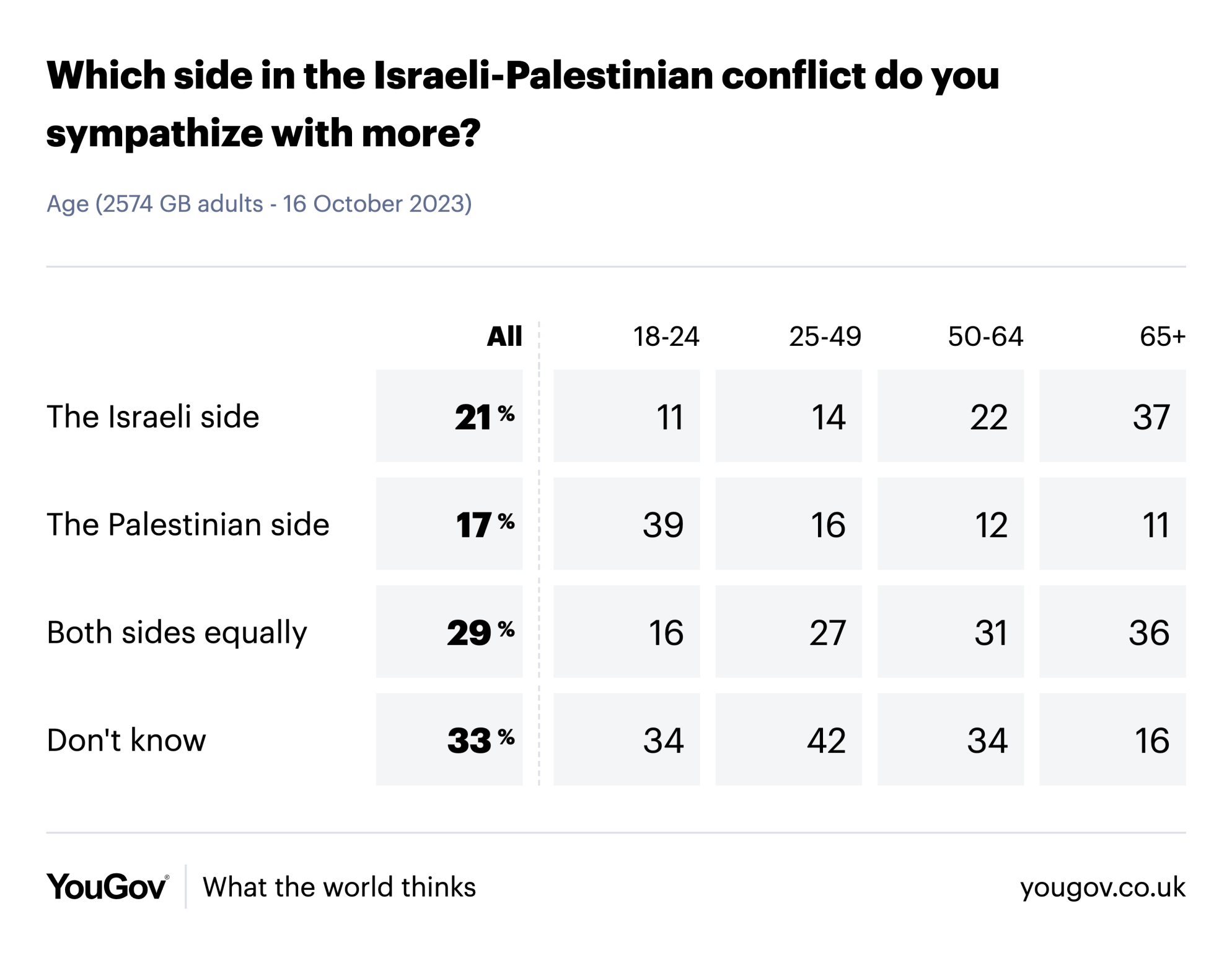I had a cracking day out at an SU recently that’s been figuring some stuff out about the relationship between governance and democracy.
In some ways, the occasional tension between the two is as old as Trustee Boards – and even before the days of the Charity Commission and external trustees, executive committees of officers would frequently find that the interests of students aren’t always the interests of the organisation.
It’s also because traditions of charity governance tend to centralise, imply levels of control, and worry a lot about reputation and risk – not things that democracy is often required to do.
Especially tricky is that of the things it’s been navigating (with care and skill I might add) is that at its big annual democratic meeting, it debated and approved a motion/position on Israel/Palestine.
It got me thinking. Why have so few other SUs had a big debate and/or put a statement out on the issue?
In some ways, if SUs are the voice of students, and this is a big debate of our times, and democratic structures are where students can learn their politics through participation, it’s odd.
Some might say
Now some SUs might say “well we have put a statement out”, but I don’t mean those welfare ones that stress if you’ve been affected by the issues you can draw on mental health support. They’re important, but different.
Some SUs might say “we’re a charity and we have to work on students as students issues”. That’s fair, and legally correct. But SUs as educational charities can and should debate global politics, and can reach corporate conclusions on them – even if they don’t pour money into enacting those resolutions.
Some might say “our officers have wanted to put a statement out” but that that’s not their role. The debate-defence only works if students have been engaged in one beyond some executive officers. But it is a defence if students have been involved – and you can argue that it’s a purpose.
Some might say “students aren’t interested” but I doubt that.

Some might say that such debates create punch/Judy yes/no environments that aren’t suited to the complexity of the conflict. That’s fair and there’s no more “pick a side” issue than the Middle East. But democratic debate doesn’t have to be about two sides and voting on motions.
That’s an Oxbridge, UK parliament thing for sure. Alternatives are available.
Some would say that doing so would be divisive. That’s also fair. But the conflict is divisive. Not everything can be consensused, and even if we’re not talking about a “resolution” to an AGM or a union council motion, you can argue that SUs have a responsibility to both give voice to students who feel passionate, and curate space for all students to see sides and angles of the conflict.
Some would say it creates winners and losers, and you don’t want students who associate with either “side” in the conflict to feel others have turned on them. That’s again fair. But not debating or discussing might be worse for groups of students who don’t feel heard.
Some would say that their focus in such meetings is the student experience, or the SU itself. But it’s rare to find statements on those on SU websites either – and a suggestion that SUs find it easier to talk about what they’e doing for students rather than what students think.
Some would say that a debate of that sort risks attracting or generating harassment. That is, again, fair. But unless students can explore what is and isn’t harassment, it becomes a pointless online module or a text book – however tricky that fees in practice.
Some would say that reputational damage would ensue. I see that, but the reputational damage of not feeling heard by passionate groups of students is surely also a problem.
Some would say that their consultation and research efforts have replaced “procedural motions” and dry debates. There’s no doubt that that’s true too. But they’re not democracy, and are usually about leaders resolving competing views and interests instead of students doing it for themselves.
At the very first democratic meeting that I attended as a student, I had seen that a motion designed to “no platform” Hizb-ut Tahrir had been tabled.
There was little chance that the group would be organising at the ex-poly in Bristol in the mid 1990s, and my liberal instincts were to oppose such a ban on the basis that debate matters.
But had I never experienced that debate and had I not ended up as a sabb at my union, I might never have been exposed to the passionate views that others expressed that night in Redland in a meeting otherwise dominated by much more prosaic concerns.
They don’t agree with me
I could go on. But I guess the point I’m making is that SU democratic structures are some of the only places where students engage with and discuss big issues across, rather than within, identity, subject, interest and class groups.
Fifteen years of better governance of SU charities can’t hide a decline in participation in democracy outside of the annual selection of who gets to be one of the six BNOCs that meet the VC. It’s now possible to see how easier SUs have made it to find others just like me – but in doing so might have made it easier to avoid the views of those who aren’t.
Working on that need not mean giving endless power to uncomfortable mass meetings that are more about who comes than the arguments within – and it also doesn’t need to mean more procedure, assuming all students’ interests can be debated through a single structure, or abandoning ideals around representativeness and clarity of purpose.
Any system with both democracy and governance in it implies a mix of students deciding things for themselves and their leaders deciding things for them. And on the latter, exceptions aside, the governance of SUs these days is pretty good.
But on the former the above probably does all signal a need to spend the next fifteen years banking the progress on boards, and spending more time building up ideas, experiments and practise for students to engage in democracy.



















I would say – if this conflict, then why not every conflict? There are many all over the world and granted, this one is terrible, long standing and in the news, but why this one and not the others?